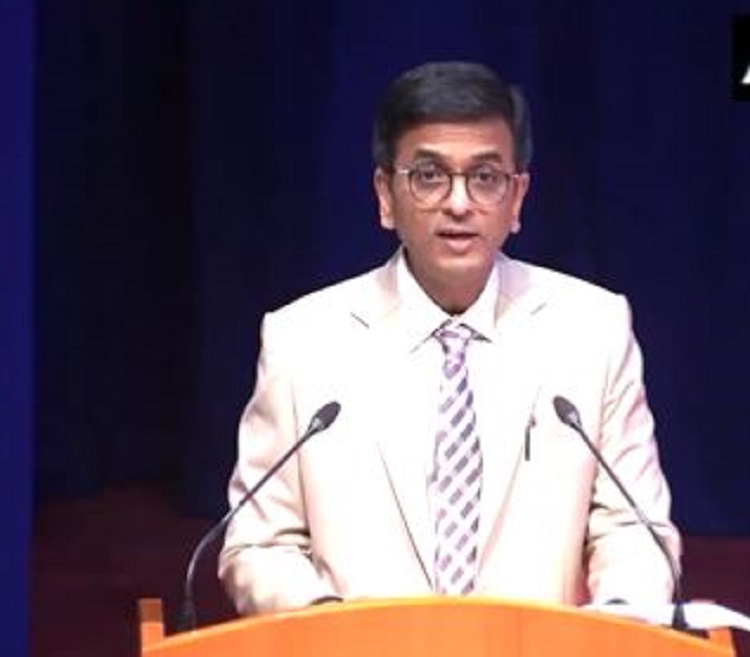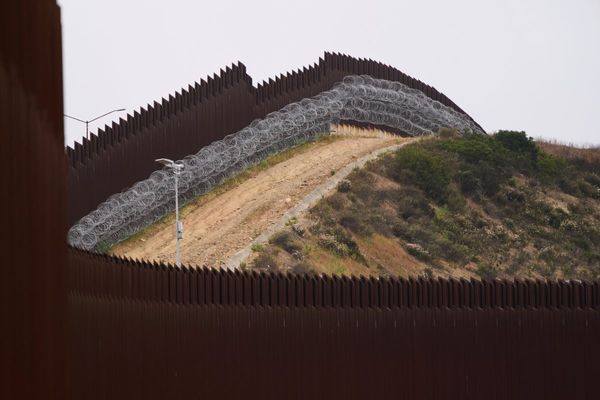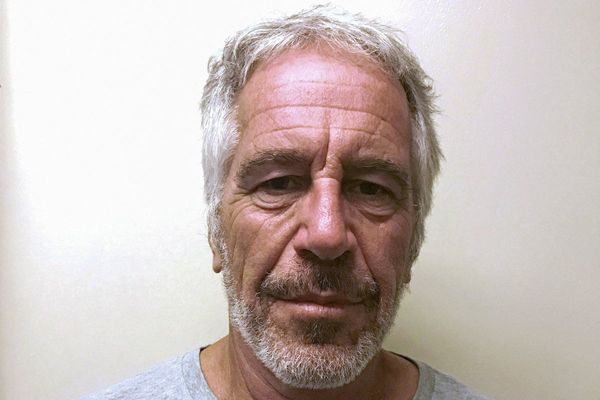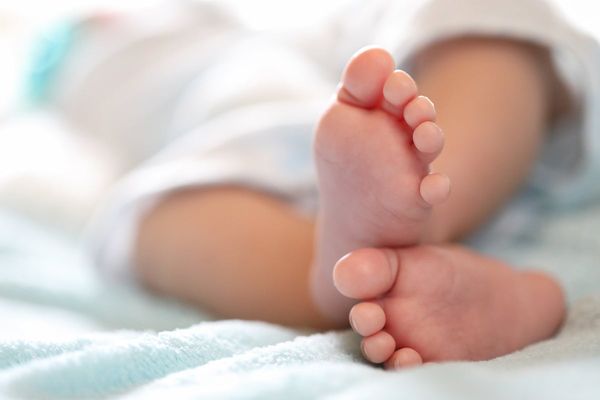
New Delhi: Chief Justice of India DY Chandrachud, in the annual lecture series organised to commemorate the Supreme Court's diamond jubilee, stated that women designated as senior advocates will be the torchbearers of change in the future of the legal profession in our society.
Addressing an annual lecture series organised to commemorate the Supreme Court's diamond jubilee, the CJI said that prior to 2024, only 12 women had been bestowed with the title of senior advocate in the entire history of the Supreme Court.
However, recently, there was a significant shift as the Supreme Court designated an equal number of women hailing from various regions across the country as senior advocates.
"They (female senior advocates) will be the torchbearers of change in the future of the legal profession in our society," the CJI said
"There was once a notion of law which limited us to merely an isolated arena from society. Today, legal fora across the globe are recognizing that they cannot view themselves as divorced from the social and political realities and aspirations of the time. This recognition fosters an environment conducive to mutual learning and the exchange of ideas," CJI said.
Addressing the gathering, CJI DY Chandrachud shared about his academic journey at Harvard Law School with International Court of Justice judge Hilary Charlesworth.
CJI DY Chandrachud said that Justice Charlesworth is an esteemed scholar, a pioneering feminist thinker and his old friend.
At the annual lecture series organised to commemorate the Supreme Court's diamond jubilee, CJI DY Chandrachud said, "...To have more women as judges of the ICJ is not the responsibility of the court alone but the shared responsibility of nation-states and the national groups involved in the nomination process. I dare say the same in regard of more women in the judicial offices of India as well..."
CJI said that he was reading that in October last year, the ICJ amended, among other documents, its rules of courts and practice directions to make their provisions gender inclusive.
The Supreme Court of India has also made strides in this regard. The Supreme Court released a sensitization module for the judiciary on LGBTQIA+ community, which seeks to sensitize members of the judiciary on concepts of gender and sexual diversity, on the usage of appropriate terminologies, and make recommendations on the protocol to be followed by courts while interacting with the members of the queer community.
Similarly, the Supreme Court recently released a handbook to combat gender stereotypes in an attempt to ensure that judges use inclusive language and consciously avoid the use of stereotypes in decision-making.
International Court of Justice judge Hilary Charlesworth said that assertions on the judge's independence are always made by someone who is part of international judicial institutions such as the International Court of Justice.
Almost all disputes and requests that arrive at the court have a clear political context, and some observers are keen to question the court's ability to resolve such issues on the basis of law, she said.
International Court of Justice judge Hilary Charlesworth said, "And yet, in my view, I think. The Court has largely overall managed to adjudicate the legal aspects of politically sensitive disputes with integrity."
"Judicial independence is critical to the operation of legal institutions, particularly in volatile political contexts such as the international sphere.
But its content is not easy to pin down at the international level, where a diversity of judicial backgrounds is vital. Judicial independence the idea of judicial independence must accommodate intellectual, social, cultural and national differences," ICJ judge Hilary Charlesworth said "I think it's important to develop more sophisticated accounts of judicial independence than simply tracking vote patterns, with all due respect to those who engage in that research.
The United Nations Special Rapporteur on the independence of judges and lawyers has recently identified some current challenges to judicial independence in national legal systems that I think apply also to the international level. These challenges include disinformation that spreads online, online harassment and threats, and the misuse of artificial intelligence, Charlesworth said.
The Special Rapporteur also emphasizes the composition of the judiciary as a critical element of judicial independence, noting, these are her words, the importance of participation in the judiciary articulated for those who commonly experience discrimination, including women members of minority groups marginalized, for example, because of their ethnicity, race or sexuality, or persons with disabilities," ICJ judge Hilary Charlesworth added.







